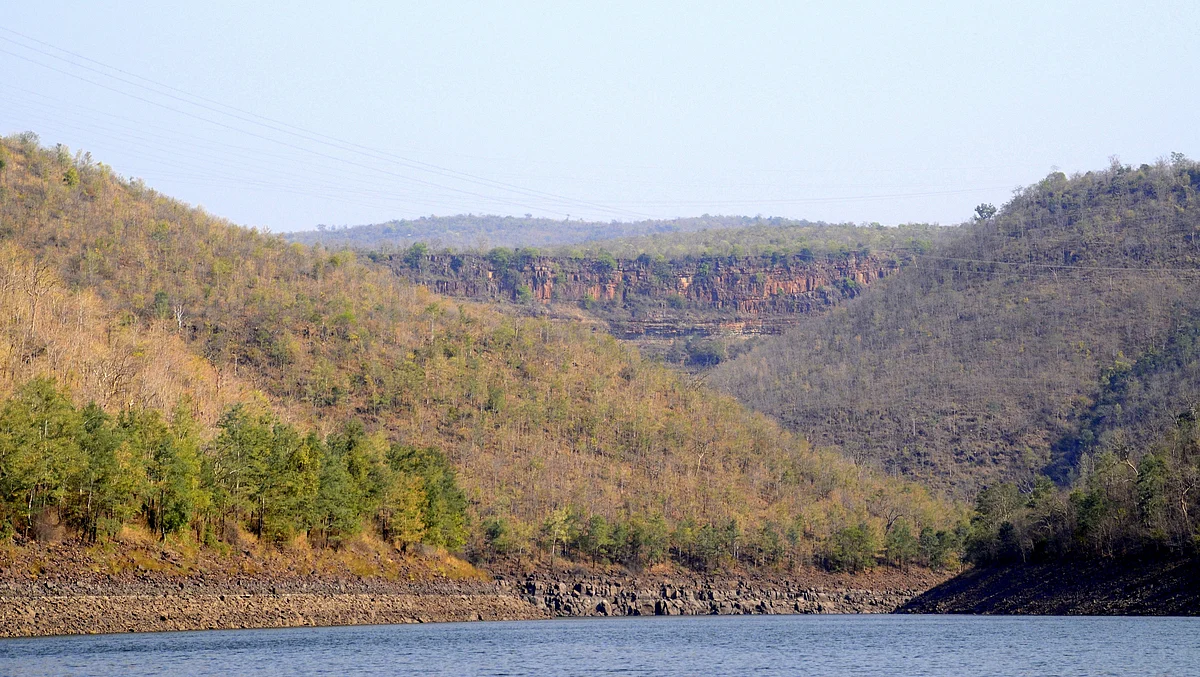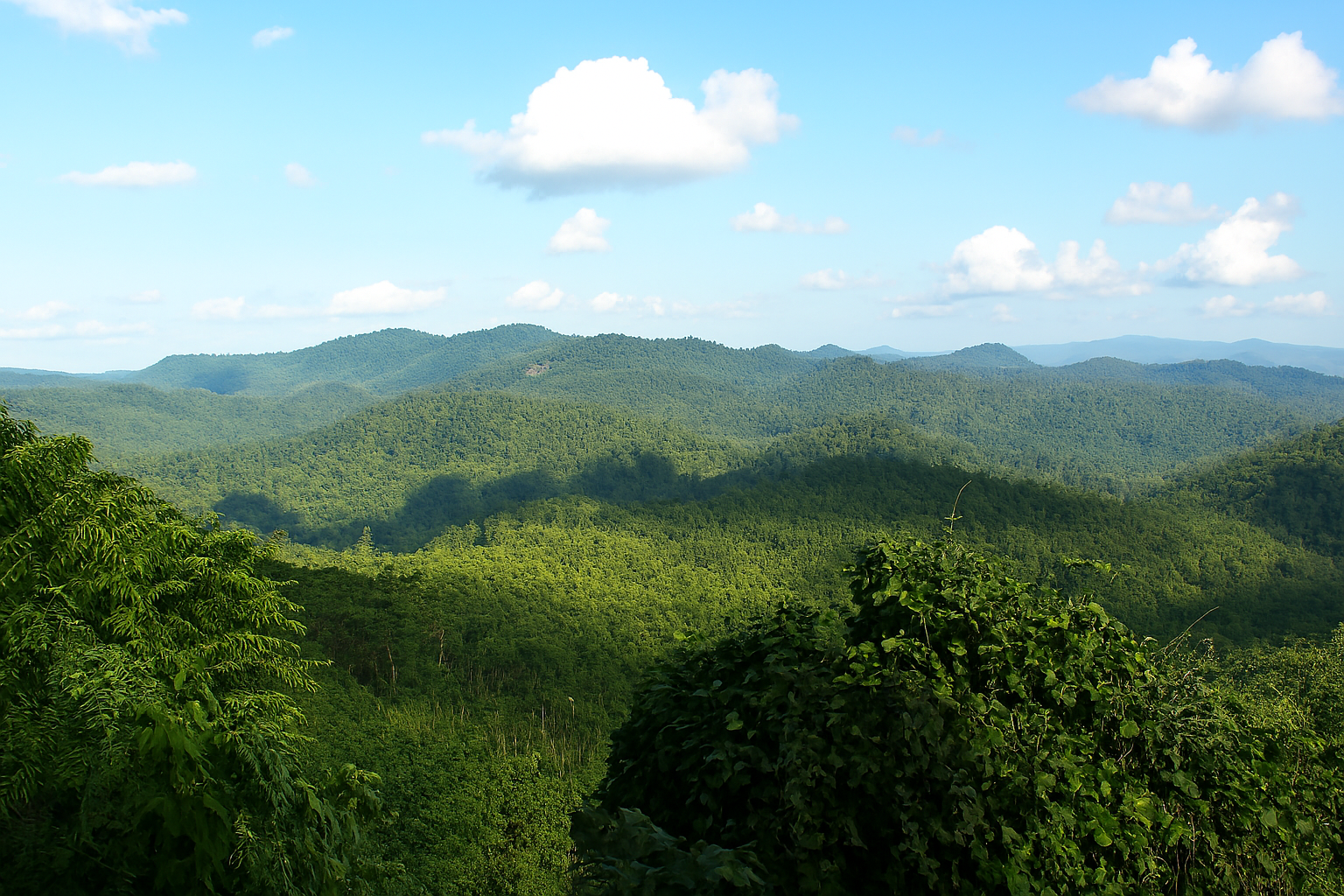The Manipur government has taken a decisive step to protect its fragile forest ecosystems by banning all unauthorised activities in reserved forest areas. This includes trekking, camping, picnicking, expeditions, and any form of entry without prior permission from the Forest Department. The move comes amid rising concerns about illegal logging, habitat destruction, and the increasing risk of forest fires.

The urgency of the order became evident after the recent arrest of three individuals involved in illegal tree felling in the Lourok Konjin Chin hills, part of the Thongam Mondum Reserved Forest in Kakching district. Forest officials, acting on a tip-off, apprehended the suspects on site, underscoring the need for stricter surveillance. Authorities have now directed forest staff and range officers to conduct regular patrols and closely monitor sensitive zones like the Langol Reserved Forest and the Punshilok area. Violators will face strict penalties under the Indian Forest Act of 1927 and the Manipur Forest Rules of 2021, including possible imprisonment of up to six months, fines, or both.
Reserved forests are among the most strictly protected categories of forest land in India. Managed entirely by the Forest Department, these areas are preserved for their ecological importance, supporting native wildlife, maintaining water sources, and safeguarding indigenous plant species.
Human interference is minimal, with most activities such as hunting, grazing, and timber harvesting strictly prohibited unless officially authorised. The protection they enjoy is crucial, as these landscapes form the backbone of biodiversity conservation in the country.
However, despite their legal protection, many reserved forests face severe threats from encroachment, deforestation for agriculture and infrastructure projects, illegal logging, and forest fires. The fragmentation of habitats due to highways, power lines, and industrial expansion disrupts wildlife movement and weakens ecosystem resilience. Similar challenges are being reported across India, from the Nallamalai forests in Andhra Pradesh affected by road projects near the Nagarjunasagar Tiger Reserve to the proposed industrial park in Punjab’s Mattewara forest, which threatens both forest cover and river ecosystems.
Manipur’s latest action signals a strong commitment to halting such degradation before it becomes irreversible. By restricting access and enforcing strict regulations, the state aims to ensure that its reserved forests remain safe havens for wildlife and vital resources for future generations. The challenge now lies in balancing conservation efforts with sustainable community engagement, so that these precious ecosystems can thrive without falling victim to exploitation.
For more updates on India’s most important environmental and travel stories, follow Travel Moves on Instagram and Facebook.








